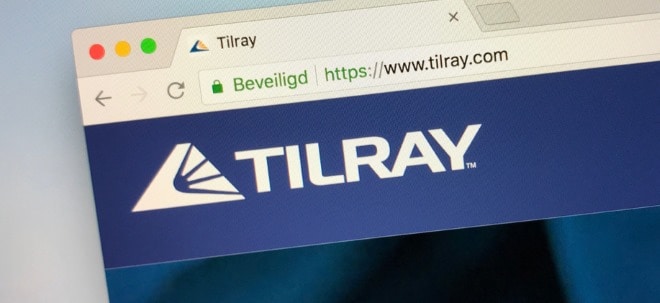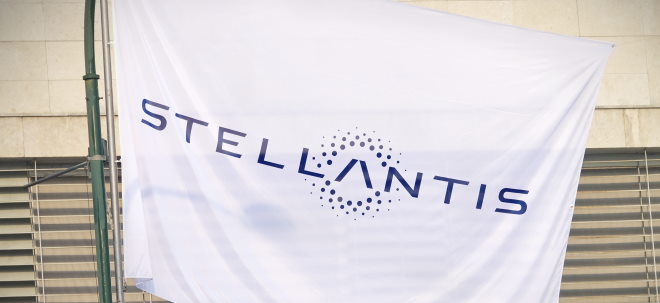Gestern auf breiter Front. Hier ein interessanter Artikel aus der nunavut Presse:
Quebec Finance Minister Raymond Bachand presented the Quebec budget March 20, setting out total spending of $70.9 billion, a deficit of $1.5 billion, and plans to maintain a two per cent cap on government spending, as tax revenues rise, to balance Quebec’s budget next year.
Bachand also filled out details of the Liberal government’s Plan Nord, which he said would mean “an average of 20,000 jobs over 25 years.’‘
“We must be grateful to the premier for having launched the Plan Nord,’’ he said.
Hydro Quebec will spend $10 million to study the possibility of extending its electricity distribution network into Nunavik, Bachand said.
“By extending the power transmission grid to Nunavik, it will be possible to supply mining operations in the territory, connect communities to Hydro-Québec’s main grid and integrate into the grid the power supplied by future hydroelectric facilities in Nunavik,” he said in a Quebec government news release. “It goes without saying that mining companies will be called on to assume the costs of the planned power transmission infrastructure.”
As well, a plan, costing “several billion dollars,” is being considered by CN and the Caisse de dépot et placement du Québec to extend a rail link to the mineral and metal-rich Labrador trough, south of Kuujjuaq, where Bachand said $20 billion in mining investments are planned.
“This railway will be built and operated in keeping with sustainable development principles and in collaboration with local and aboriginal communities, not only to minimize the project’s environmental impact, but also to optimize the positive benefits for the communities,” Bachand said.
Quebec will increase its fund to invest in the Plan Nord to $1 billion, from $500 million, taking options and minority equity positions in mining companies, as part of a larger strategy to invest more public money in natural resources.
“The Plan Nord is taking shape,’’ Bachand said.
Nicolas Marceau, the Parti Québécois finance critic, expressed surprise that the Caisse de dépot et placement du Québec, which invests Quebecers’ public pension and insurance funds, would participate in such a “risky’’ investment, which he said suggests “a lack of distance between the government and the Caisse.’‘ |


 Thread abonnieren
Thread abonnieren


